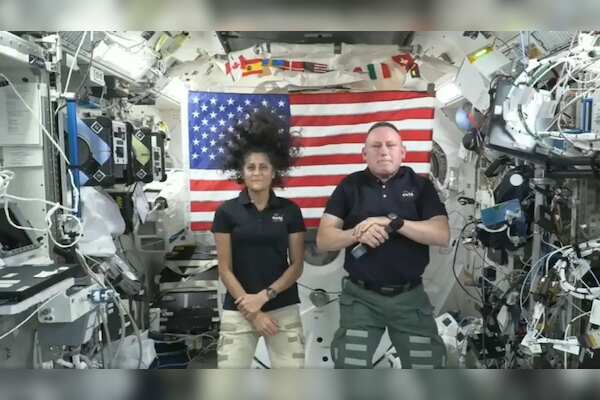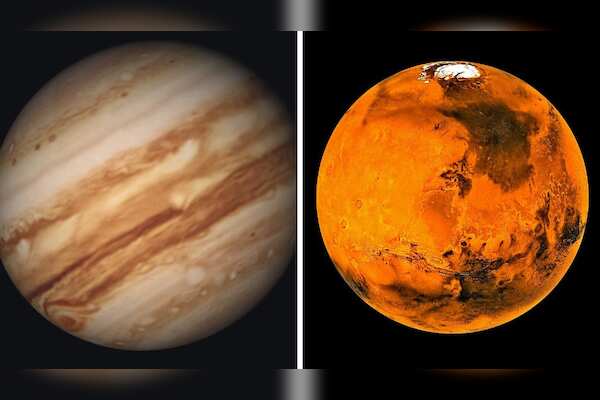NASA is preparing to launch three sounding rockets during the upcoming total solar eclipse on April 8, 2024. These sounding rockets are specifically designed to carry scientific instruments or experiments into the upper atmosphere of the Earth to collect valuable data. Typically used for atmospheric studies, they play a vital role in understanding Earth's atmosphere.
The mission, known as Atmospheric Perturbations around Eclipse Path (APEP), aims to investigate the effects of the eclipse on Earth's upper atmosphere. Led by Aroh Barjatya from Embry-Riddle Aeronautical University, the rockets will take off from NASA's Wallops Flight Facility in Virginia. These APEP rockets, previously used during the 2023 annular solar eclipse, have been upgraded with new instrumentation for this mission. NASA plans to launch these rockets at different intervals - 45 minutes before, during, and 45 minutes after the peak of the local eclipse. The primary focus of these launches is to gather data on how the sudden dimming of sunlight during an eclipse impacts the ionosphere. The ionosphere is a crucial region of Earth's upper atmosphere rich in ions from solar radiation. Barjatya emphasized the importance of understanding the ionosphere and developing predictive models to ensure smooth satellite communications. The APEP rockets will reach a maximum altitude of 260 miles, measuring charged and neutral particle density, as well as electric and magnetic fields. Each rocket will release secondary instruments to enhance data collection. In addition to the rocket launches, teams across the US will utilize various methods such as high-altitude balloons and ground-based radars to study the ionosphere. Barjatya expressed excitement about relaunching the rockets during the total eclipse to observe any perturbations and their effects on radio communications. This mission holds promise for advancing our understanding of Earth's upper atmosphere. Overall, NASA's upcoming rocket launches during the total solar eclipse demonstrate the agency's commitment to advancing atmospheric research and expanding our knowledge of the Earth's atmospheric processes.NASA to Launch Three Sounding Rockets During 2024 Solar Eclipse for Atmospheric Research
 7 months ago
1497
7 months ago
1497
- Homepage
- Tech & Sicence
- NASA to Launch Three Sounding Rockets During 2024 Solar Eclipse for Atmospheric Research
Related
NASA Faces 19-Day Deadline to Bring Back Astronauts from ISS...
3 months ago
1122
Nvidia potentially delaying release of data center GPU B200 ...
3 months ago
1138
Rare Celestial Event: Mars and Jupiter Alignment on August 1...
3 months ago
1506
Trending in United States of America
Popular
Disney's Major Investment in Epic Games Signals Next Chapter...
8 months ago
1804
Top commodity trader Andurand predicts quadruple increase in...
6 months ago
1741
Middle East tension boosts Brent crude above $90 for the fir...
7 months ago
1735
World of Warcraft Companion App to be Discontinued by Blizza...
7 months ago
1731
"Don't Take Travel for Granted: Tips for Traveling with Elde...
8 months ago
1729
© StoryBrut 2024. All rights are reserved








 English (US)
English (US)